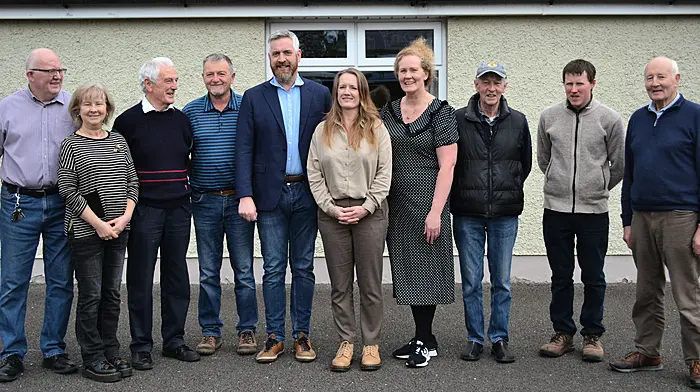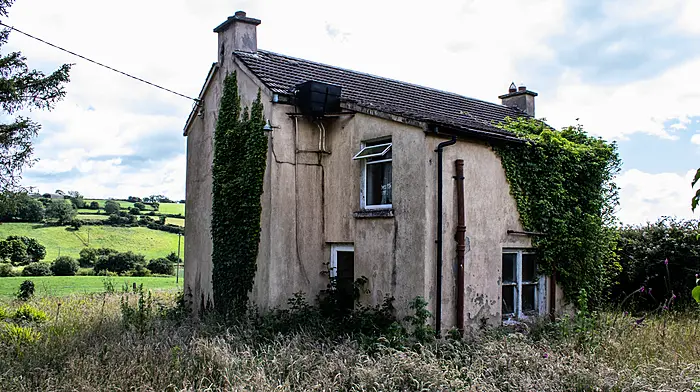DIFFICULT as it is to believe, five years have passed since the ‘historic’ Paris Agreement was negotiated in the French capital during the month of December 2015, under the auspices of the United Nations Framework Convention on Climate Change. It marked the first major global response to climate change and justice by driving a concerted effort to reduce greenhouse gas emissions to try to mitigate and maybe even reverse the increased warming of our planet.
With all the big players on board at the time, there was great optimism that the Paris Agreement would be become a game-changer following the failure of similar previous efforts such as the 1997 Kyoto Protocol. However, less than a year after the Agreement, in 2016, then president-elect of the United States, one Donald J Trump, announced that he was going to pull his country out of the deal.
The Paris Agreement did not seek to micro-manage individual nations’ emissions reduction targets, instead setting out broad parameters for them to use. Results have been mixed with some countries taking their commitments more seriously than others; for example, Denmark recently decided to end all new gas and oil exploration in the North Sea.
However, Ireland has been a self-confessed ‘laggard’ on climate change, failing miserably to meet an agreed EU target of a 20% reduction of its 2005 emissions levels by 2020. At that rate of going, it is difficult to see our new Climate Action Bill’s target of an average reduction of 7% per annum over the next 10 years to 2030 being met or how we can become carbon-neutral by 2050.
Hopefully, now that current president-elect Joe Biden has declared that he is to reverse Trump’s US withdrawal from the Paris Agreement, it will receive a badly-needed fresh impetus. The protests by students led by Greta Thunberg and the #FridaysForFuture movement have shown that the younger generation – the voters of the future – are not going to settle for ongoing political inaction on climate issues.










